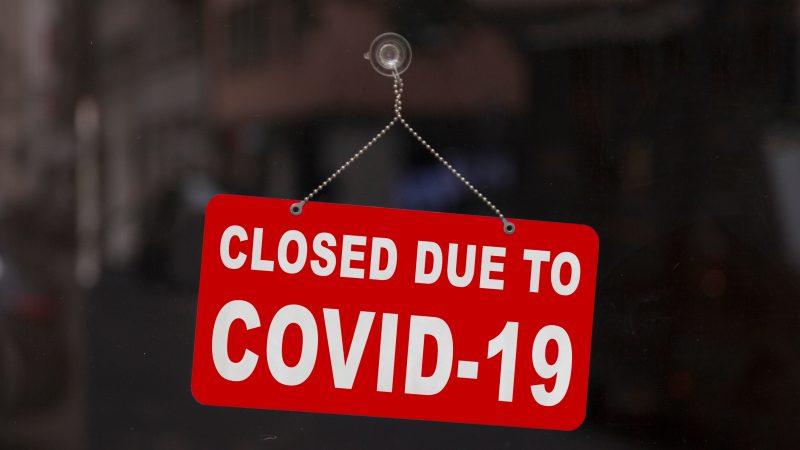
Analysis from the Labour Party has found that businesses struggling in the pandemic and affected by the four-week delay to the lifting of restrictions under the Covid ‘roadmap’ are facing a £50m bill in furlough contributions.
Commenting on the research from the party, released today ahead of the increased costs coming into effect on July 1st, Ed Miliband called on the government to take action now or “risk pushing more firms over the edge”.
“Businesses have done right by our country during this crisis and the government must do right by them,” Miliband said today. “But ministers have repeatedly failed to grasp the simple principle that public health restrictions must be matched by fair economic measures.
“A month’s delay may seem like a short time, but for businesses legally closed from trading or those hanging on by their fingertips from going under and relying on the summer season the delay is another blow.”
“That businesses unable to reopen are being sent huge bills defies logic,” the Shadow Business Secretary added. “Unless ministers take action, we risk pushing more firms over the edge.”
Businesses will be required to contribute 10% towards the cost of furloughing staff from the start of next month and Labour has said they will have to choose between paying £122.80 on average per employee or remove them from the payroll.
According to the Office for National Statistics, 14% of accommodation and food services workers and 21% in the arts, entertainment and recreation sector were furloughed in May. 10% contributions for these employees amounts to £47,303,910.
The current 100% business rates relief for retail, hospitality and leisure businesses will also begin to reduce, which will mean that businesses will have to pay 34% towards their monthly rates irrespective of their trading status.
According to analysis from the party, this will mean that the average night club will have to pay £718 in July, a bar will have to pay £500, restaurants will have to pay £598 and the average theatre will be expected to pay £1,048.
Labour has called on ministers to delay the increased employer contributions to furlough and to “learn lessons from the Labour-led Welsh government” on business rates, which has given most businesses 100% relief for the financial year.
Under the Covid roadmap public health restrictions were due to be lifted on June 21st, but following the spread of the Delta variant in the UK, first identified in India, Boris Johnson announced a four-week delay.
Labour has called for ministers to make changes to economic support since the announcement. Rachel Reeves described it as “unforgivable” that the Prime Minister had not used the conference to also outline support for affected businesses.
“All they ask is that if they have to keep their businesses closed, they get the support that they need,” Keir Starmer told Johnson during Prime Minister’s Questions last week. “But where is it?”
The Labour leader urged the Prime Minister to make changes for the affected businesses or explain how workers and businesses would be expected to stay afloat given while already planned reduction in economic support continue as planned.
Following the statement from Johnson, ministers announced last week that the moratorium on commercial rents would be extended until March 25th next year. The moratorium on evictions for unpaid rent had been set to end on July 1st.
Statutory demands and winding up petitions relating to rent debts built up during the health crisis will remain restricted only until the end of September, meaning that businesses could face financial difficulties then.
Ministers have also introduced a mandatory arbitration process to determine disputes where landlord and tenants cannot agree over rent arrears for periods when businesses were forced to close due to government lockdown instructions.
“[The policy] strikes the right balance between protecting landlords while also helping businesses most in need, so they are able to reopen when it is safe to do so,” Communities Secretary Robert Jenrick said last week.
“They will ensure many viable businesses can continue to operate and debts accrued as a result of the pandemic are resolved to mutual benefit swiftly.”


More from LabourList
Frank Field and David Marquand: Tributes flow in to ‘social justice crusader’ and ‘giant of social democracy’
‘National flags and identity can be inclusive – we’re right to embrace them’
Revealed: Claims of bullying, misogyny and harassment in Young Fabians